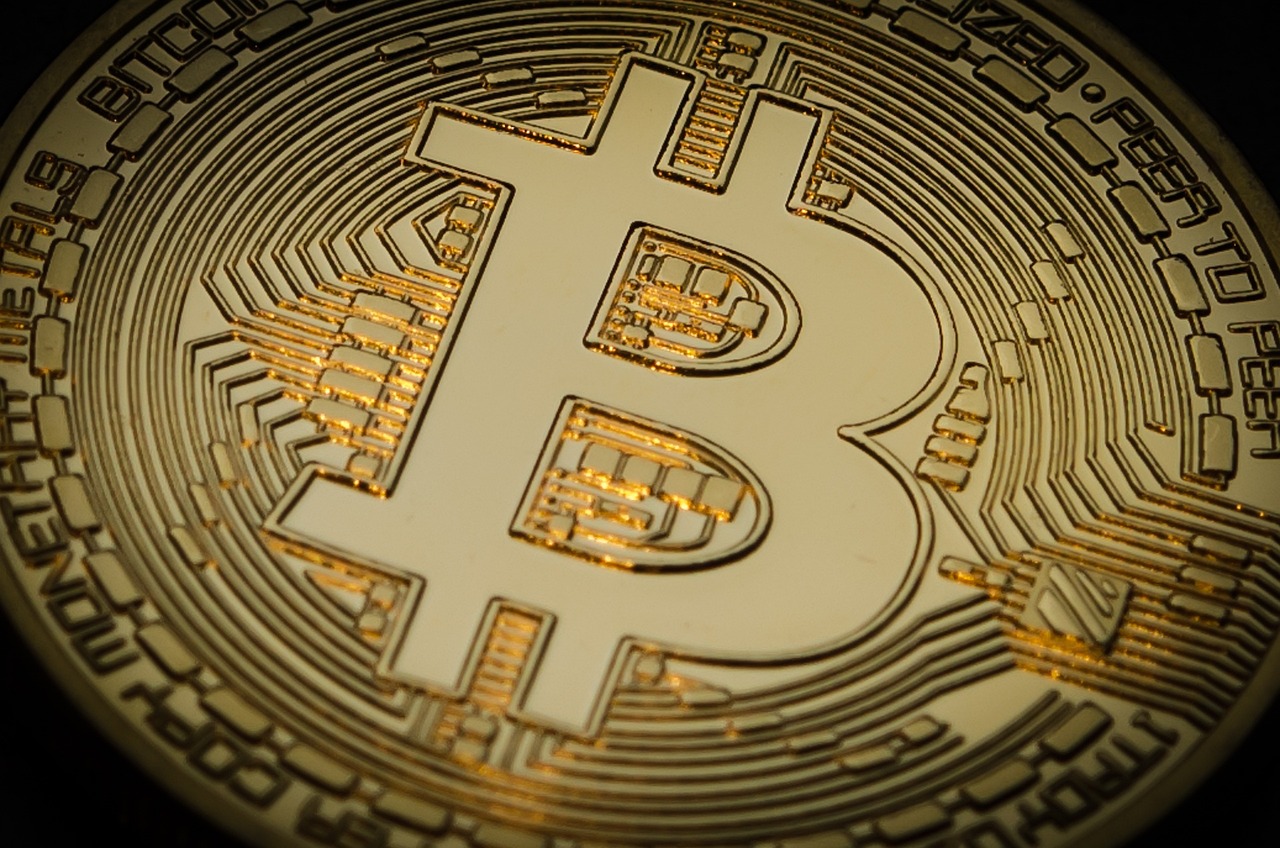Tariff Escalation Could Propel Bitcoin, Says Bitwise Expert
03.02.2025 15:00 1 min. read Alexander Stefanov
A growing trade dispute could fuel Bitcoin’s rise, according to Jeff Park of Bitwise Asset Management.
He suggests that escalating tariffs may ultimately strengthen the case for BTC as a hedge against economic uncertainty.
Over the weekend, Donald Trump imposed steep tariffs on imports from Canada, Mexico, and China. In response, Canada and Mexico announced retaliatory measures.
Park views these tariffs as part of a broader strategy tied to the Triffin dilemma—the challenge of maintaining the U.S. dollar’s dominance while managing trade deficits.
He argues that Trump, heavily invested in real estate, likely seeks to drive down Treasury yields by weakening the dollar. A declining dollar and lower interest rates could push U.S. risk assets higher while destabilizing foreign markets, potentially leading investors toward Bitcoin.
While Park sees Bitcoin thriving in the long run, the immediate market reaction was severe. Bitcoin briefly plunged to $91,281, with Ethereum hitting $2,143, erasing billions in value. Over $2.23 billion was liquidated in just 24 hours—one of the largest market wipeouts ever, surpassing previous crashes tied to LUNA and FTX.
-
1
Bitcoin Whales Accumulate as Long-Term Holders Hit All-Time High
03.07.2025 21:00 2 min. read -
2
Public Companies Outpace ETFs in Bitcoin Buying: Here is What You Need to Know
02.07.2025 12:30 2 min. read -
3
Arizona Governor Vetoes Bill, Related to State Crypto Reserve Fund: Here Is Why
02.07.2025 16:00 2 min. read -
4
Crypto Inflows hit $1B Last Week as Ethereum Outshines Bitcoin in Investor Sentiment
07.07.2025 20:30 2 min. read -
5
Robert Kiyosaki Buys More Bitcoin, Says He’d Rather Be a ‘Sucker Than a Loser’
02.07.2025 22:00 1 min. read
IMF Disputes El Salvador’s Bitcoin Purchases, Cites Asset Consolidation
A new report from the International Monetary Fund (IMF) suggests that El Salvador’s recent Bitcoin accumulation may not stem from ongoing purchases, but rather from a reshuffling of assets across government-controlled wallets.
Ethereum Sparks Altcoin Season as FOMO Shifts Away From Bitcoin
Traders are rapidly shifting their focus to Ethereum and altcoins after Bitcoin’s recent all-time high triggered widespread retail FOMO.
BSTR to Launch With 30,021 BTC, Becomes 4th Largest Public Bitcoin Holder
BSTR Holdings Inc. is set to become the fourth-largest public holder of Bitcoin, announcing it will launch with 30,021 BTC on its balance sheet as part of its public debut.
Altcoins Gain Momentum as Bitcoin Dominance Drops to 61.6%
The cryptocurrency market is experiencing a notable shift in capital flows as Bitcoin’s market dominance has dropped to 61.6%, marking a 2.36% decrease.
-
1
Bitcoin Whales Accumulate as Long-Term Holders Hit All-Time High
03.07.2025 21:00 2 min. read -
2
Public Companies Outpace ETFs in Bitcoin Buying: Here is What You Need to Know
02.07.2025 12:30 2 min. read -
3
Arizona Governor Vetoes Bill, Related to State Crypto Reserve Fund: Here Is Why
02.07.2025 16:00 2 min. read -
4
Crypto Inflows hit $1B Last Week as Ethereum Outshines Bitcoin in Investor Sentiment
07.07.2025 20:30 2 min. read -
5
Robert Kiyosaki Buys More Bitcoin, Says He’d Rather Be a ‘Sucker Than a Loser’
02.07.2025 22:00 1 min. read


